I remember being very confused when I used to watch sanitary napkin commercials as a child. Irrespective of the brand, the format of these commercials was more or less the same: two or more women would speak in hushed tones about a daag (stain) which would then be followed by a demonstration of the absorbency prowess of the pad as opposed to a cloth by pouring a blue liquid onto both and ending predictably with shots of smiling, happy women. This was over ten years ago, when there were just few brands available in the market. A lot has changed since then, there are several more brands available now and these pads now have all sorts of technologies built into them. Odour-removal, super-thinness and anti-stain technology are some among the commonplace features available and yet the format of the advertisements themselves hasn’t really changed. Sanitary napkin ads still show just women and girls discussing ‘the problem’ (of menstruation?) in hushed tones.
Now imagine an ad where instead of two or more females (be it a mother-daughter duo or between friends) there is also a man in the picture. Perhaps the advertisement could be about a conversation between a husband and his wife or between a pair of friends (a boy and girl duo) and maybe even one that is set in a co-ed classroom. The first message that an ad with both genders enacting it would send out, is that this isn’t something to be ashamed of and that it most certainly need not be hidden from the males.
Commercials and popular culture play a very important role in shaping the mindset of people. If our society was constantly inundated with images of men and women discussing menstruation openly, it would be easier to accept it and to shed the veil of secrecy and shame around this topic. This veil is unnecessary and unfair. It makes life difficult for women. Whenever I’d ask my mother what these ads were about, she’d say “I’ll tell you when you’re older.” She also forbade me from asking this question if we happened to be in the company of men, be it my father, my uncles or anyone else for that matter. In my child’s mind, even though I had no idea about this product, I understood that this was a secret and should be shared ONLY between women. I also had a clue that there was something ‘wrong’ about the whole affair.
As I grew older, hit puberty and experienced menstruation myself, I found it even stranger that it was such a taboo topic. It clearly was a very important and natural bodily function. In some communities, a girl getting her first period is a cause for celebration. Then why the secrecy? More importantly, why is so important to be hidden from men? Interestingly, despite telling me NEVER to talk about this with men, my mother herself informed my father about me getting my first period.
This dichotomy is something I am yet to come to terms with and despite mulling over it for years now, I still don’t understand why it needs to be hidden from men. In my opinion, it is very important for men to know about the health of the women in their lives. Fathers are concerned about their daughters, brothers about their sisters, husbands about their wives and boyfriends about their girlfriends. It is so difficult to share a home with men and be saddled with the task of hiding it every month! Pads are kept hidden away and the entire process of disposing a used pad requires ninja-like skills. It needs to be done quickly and stealthily!
I remember one evening when my mother was out of the house and my father decided to take my younger sister and me swimming. We both love swimming and my sister happily ran away to collect her things. I was thirteen years old then and was on my period. When I refused to go swimming, my father couldn’t understand why. After repeatedly asking me to go swim and after hearing my repeated refusals, he got angry and told me to stop being lazy. On the verge of tears, I whispered saying, “Dad, I have my periods.” He immediately calmed down; apologized and told me I could do whatever I wanted to do that evening. I chose to stay in my room and read. I was very upset. I felt like I had broken a cardinal’s rule. I’d spoken about it to a man.
In retrospect, I find this incident both funny and sad. It’s funny because my father is a liberal and rather ‘cool’ dad and I’d been so afraid to talk to him about my periods. It’s sad because as a child who’d just hit puberty and as one who was already overwhelmed by all the changes in her body, I felt like I’d committed a crime by getting my period. No child/teenager or adult should ever be made to feel like this.
It’s been a long time since then and I no longer care for this secrecy surrounding periods. I’ve not bothered hiding it from anyone for years now. I no longer care if a man/boy ever sees me walk to the restroom with a pad or a tampon in my hand. My life has become much easier since then and I’ve found that contrary to popular belief, men don’t get disgusted or offended when women talk about periods and are in fact very supportive and helpful about it.
I’m not sure how or why this dichotomy exists but I do know that it doesn’t have to be this way. It’s heartening to note that more and more blogs, websites and comics are openly discussing menstruation. It’s great that these are now being circulated around the internet. I hope that mainstream popular culture jumps onto this bandwagon too and that we start seeing ads and TV shows where menstruation isn’t discussed only by females in hushed tones but by both genders. It might seem like a very small step, but it has the power to create great changes.
 Author: Medha Kulkarni
Author: Medha Kulkarni
Medha lives in Mumbai and works as a curatorial assistant at an art gallery. She is also a freelance artist and culture reporter at The Metrognome ,an e-zine about Mumbai
Edited by: Divya Rosaline



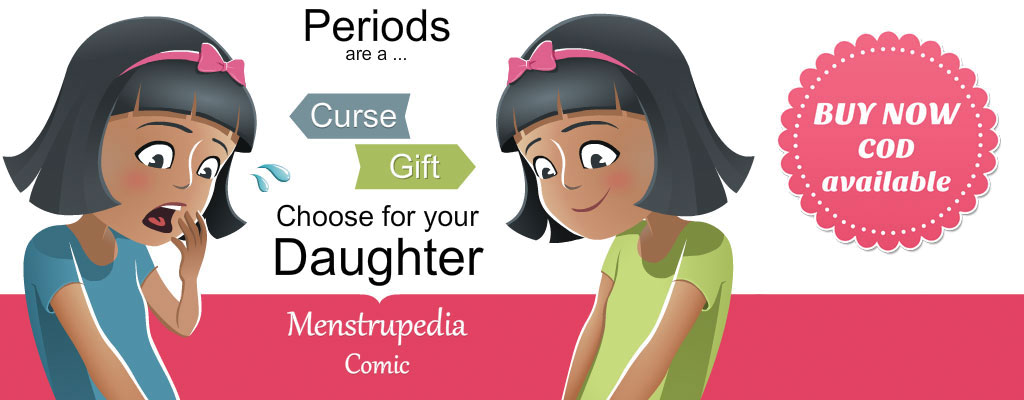

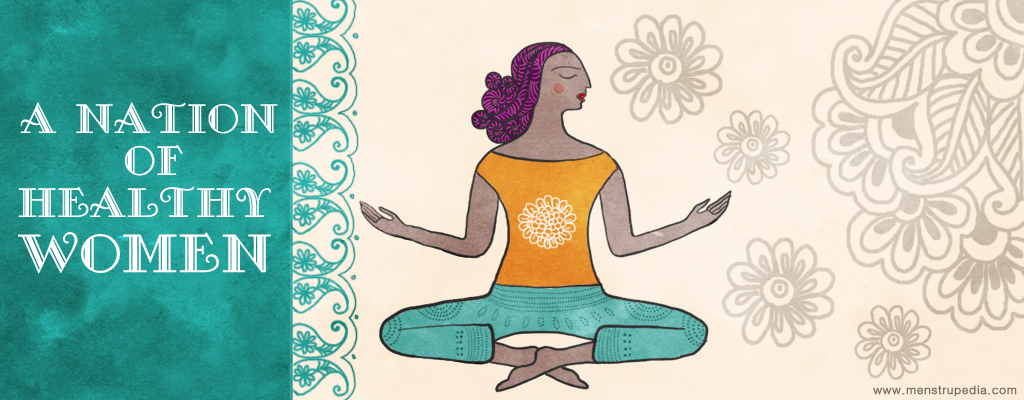
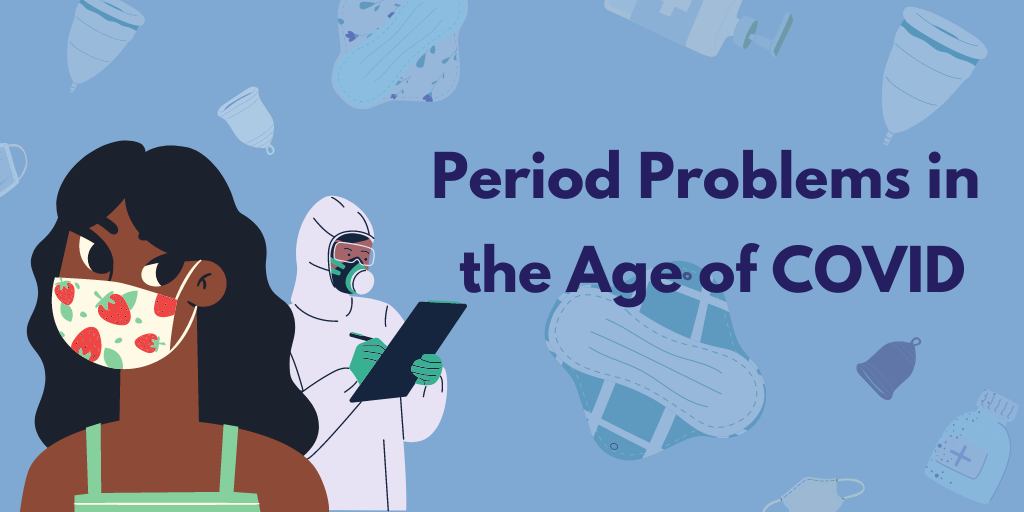
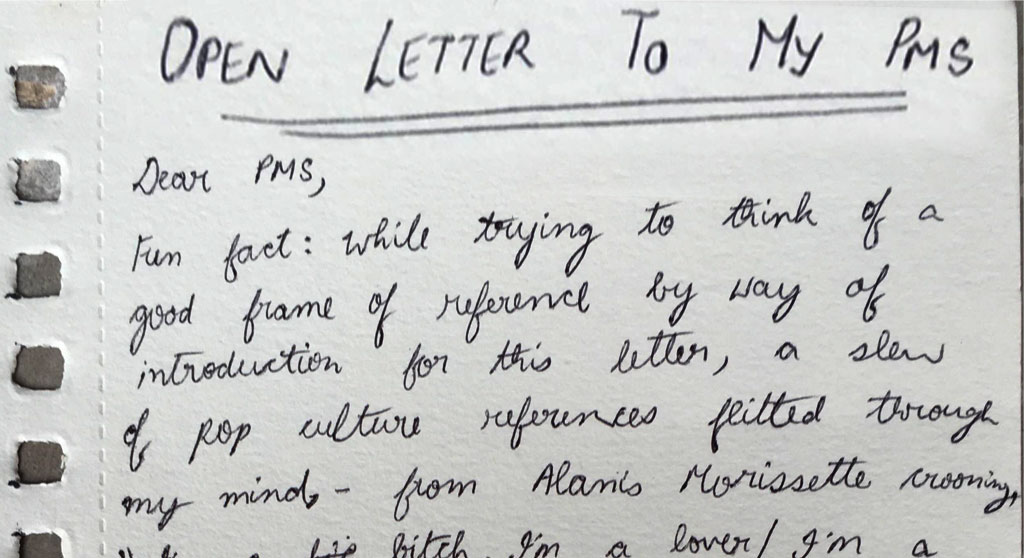
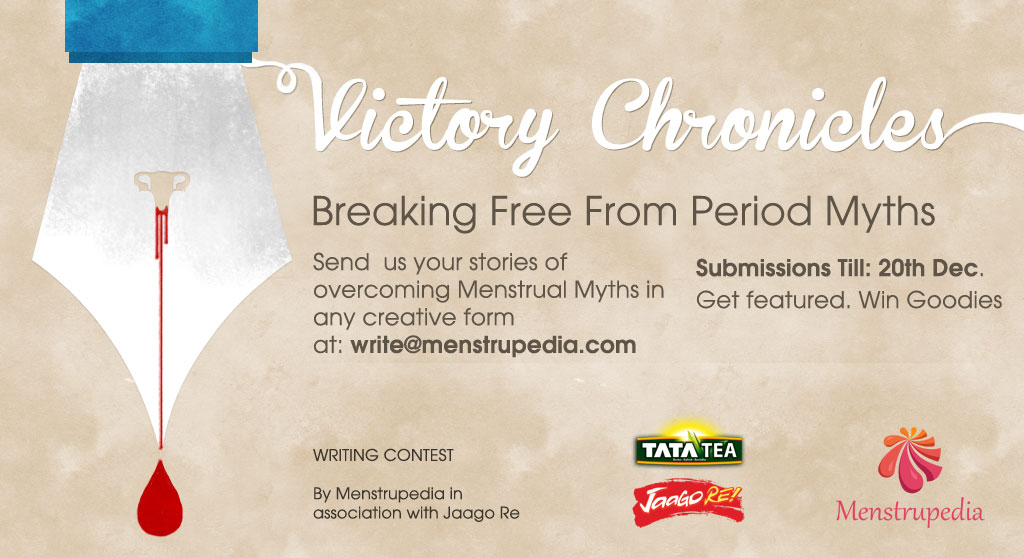
846 Comments
Hey, good stuff. You should have a look at Gloria Steinem’s “If Men Could Menstruate”
The patriarchal aspect is brought out beautifully
Thanks Harshita.I’ve read that sometime back and it’s a lovely piece and yes,the patriarchal aspect is very well brought out.I loved her last line though “The truth is that, if men could menstruate, the power justifications would go on and on.If we let them.”.There’s such truth in those words.That is precisely the reason I m so happy to be able to contribute to this ‘revolution’ as such.Thanks again for reading and commenting..:)..
Oh, yes, I remember those ads and thinking what the hell is going on! N then when I did know, wanting to vanish into thin air when it came on…
I think it is worth questioning if advertising can change the dynamics, given it is such an important tool…Do they ever conduct surveys on the contents viability? Or bringing this up in consumer forums?
While I agree with the need to dispel the secrecy and taboo around menstruation and related issues, not sure how likely and efficient are changes in advertisements.. writing/discussing this issue in mainstream print media, college publications etc could be more efficient..
Wow,thanks for this incredible response!I never expected it when I wrote this piece.
Saurabh,popular culture has been proven to be most effective communicator of an idea (A quick google search will throw up the statistics).It is important to take this discussion everywhere,but when we see our favorite character from a TV show or a film happily and openly discussing this,it becomes much easier to accept than by reading an intellectual articles.Popular culture is a mass diffuser.My funda is,attack on all fronts!Write everywhere,show it on ads and tv,share comics,illustrations etc and maybe someday,we’ll breakthrough and emerge on the other side!
Since switching to a menstrual cup, I’ve found talking about menstruation much easier and more natural. I really don’t know why, but this seems to be the case across the board. I was as reticent and reserved about the topic as anyone else before, but after . . . I really can’t say what changed. I just want all women to know about it, so I’ve talked to men about it, too, so they can tell their wives/girlfriends/sisters/cousins. Hey, THEY wanted to make a *tee-hee*-that-time-of-the-month joke. After I’m through with them, they’re more comfortable with the idea. My sister-in-law’s HUSBAND has actually converted a woman or two to the cup!
Well articulated and explained article.
Media is a strong medium to change the mind set of the citizens. Media has a very high percentage of women and we request them to take it upon themselves as an individual or as the organisation they represent, to bring the change in the mind set as explained in the article, not only for the Ads but towards each other.
Indian culture gives highest respect to the women. Lakshmi– Goddess of Wealth, Saraswati–Goddess of Knowledge, Durga– Goddess of Power. In the names also, the lady’s name comes First; Radha- Krishan, Sita-Ram,
: the lady derives her Title from Husband’s Title but not vice-versa. King’s wife is called Queen but Queen’s husband is not called King, Doctor’s wife is called Doctorni but a lady Doctor’s husband is not called Doctor and so on.
[…] article has been republished from Menstrupedia. Tags: Community Media Media Media Ethics Menstruation […]
[…] Complete article by Medha Kulkarni: /blog/does-popular-media-reaffirm-the-menstrual-taboo/ […]